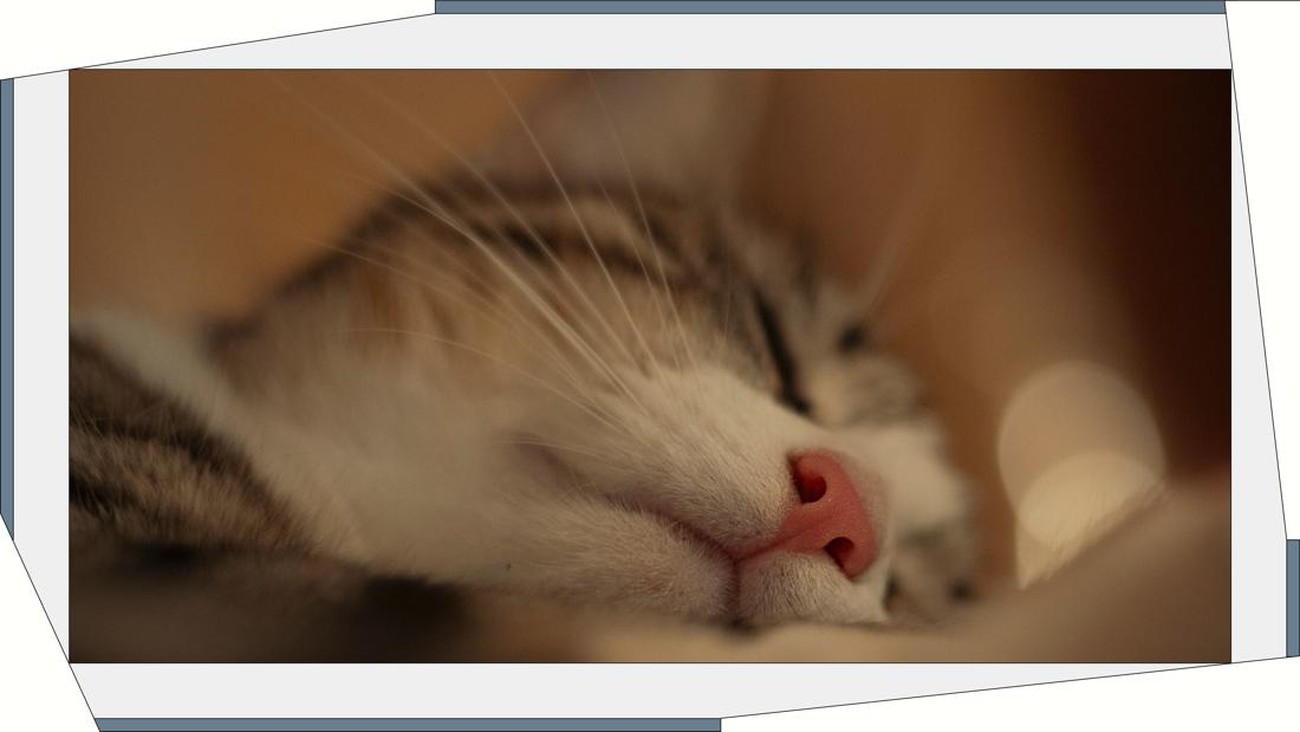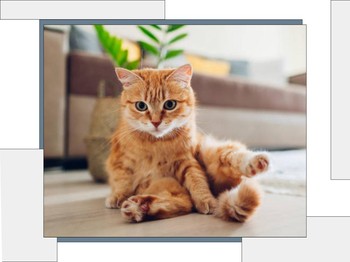It's no secret that cats love to sleep. Being a mother of 12 cats, it's safe to say that they will spend 80 percent of their time dozing off, while the rest of 20 percent is spent doing things other than sleeping. My cat, Caramel, usually would nap for hours after she munched her lunch, then wake up to play with me and my brothers. As if there was an automatic switch button inside her, she would start to get sleepy at 8 pm. It makes me wonder, just how much sleep do cats need?
Veterinarian Dr. Jessica Herman explains that cats sleep on average 15 hours a day. However, it also depends on their age. For instance, kittens tend to sleep more than the average cat because their brain and central nervous system are still in the process of development, that's why they need to constantly recharge their body. The kittenhood is 90 percent spent snoozing! The more kittens sleep, the more beneficial it is to keep their immune system functioning, at the same time strengthening their muscles and bones. But when they turn into 'teenagers', there will be a shift in their sleeping patterns as they become more active. On the other hand, senior cats tend to take it slow since they get tired easily, hence they snooze more often and longer than an adult cat. Well, it's quite similar to humans.
Cats belong in the Felidae family which also includes lions, puma, jaguar, cheetah, and other big cats. This means that their genetic programming is similar from one to the other. Hence, to say the least, cats are predators. They incorporated a habit of hunting for their food, even though you are providing it nicely in a bowl. Since hunting takes a lot of energy, sleeping is vital to conserve their energy after hunting. That's why they sleep for so long!
As I was watching my cat sleep last night, I noticed how her eyes and body would twitch several times. It seemed like she was glitching, so I got worried that she might be experiencing a seizure. When I looked it up on Google, it said that it was a completely normal sight and a sign that my cat is in a deep sleep. According to Purina, cats twitching in their sleep is because of the transmission of signals to their brain during the dreaming phase. Now I wonder what my little ball of fur might be dreaming of; going on an adventure like Puss in Boots? Or perhaps, living under the same roof as her mortal enemy like Tom & Jerry?
To us, our dreams are based on our experiences mixing with our imaginations. So do cats; when they sleep, they can recall past experiences. According to a senior veterinarian, Dr. Katy Nelson, research has shown that the mammalian brain needs to organize and arrange images from the day. This is quite interesting, while our dreams may get super random, our cats, on the other hand, are putting together the entire day to see the big picture. Some say that when a cat makes paw and mouth movements in their sleep, they could be remembering or imagining a hunting adventure- it may be pleasant, it may be scary.
Dr. Herman further explains that cats will experience two sleep cycles, REM sleep and deep sleep. In REM sleep, cats are most likely to dream and they will display certain behaviors such as squeaking, purring, twitching their eyes, ears, and maybe its tail. They will also experience atonia, a loss of muscle tone, which resulted in the way they would look more relaxed. The following stage is deep sleep which occurs for the rest of the time a cat is sleeping. It's a crucial stage because it's important for growth, development, repair, and rebuilding the body. So, it's better that you should leave them to rest as much as possible when they enter the deep sleep phase. Perhaps, they are dreaming about you!
(HAI/DIR)


